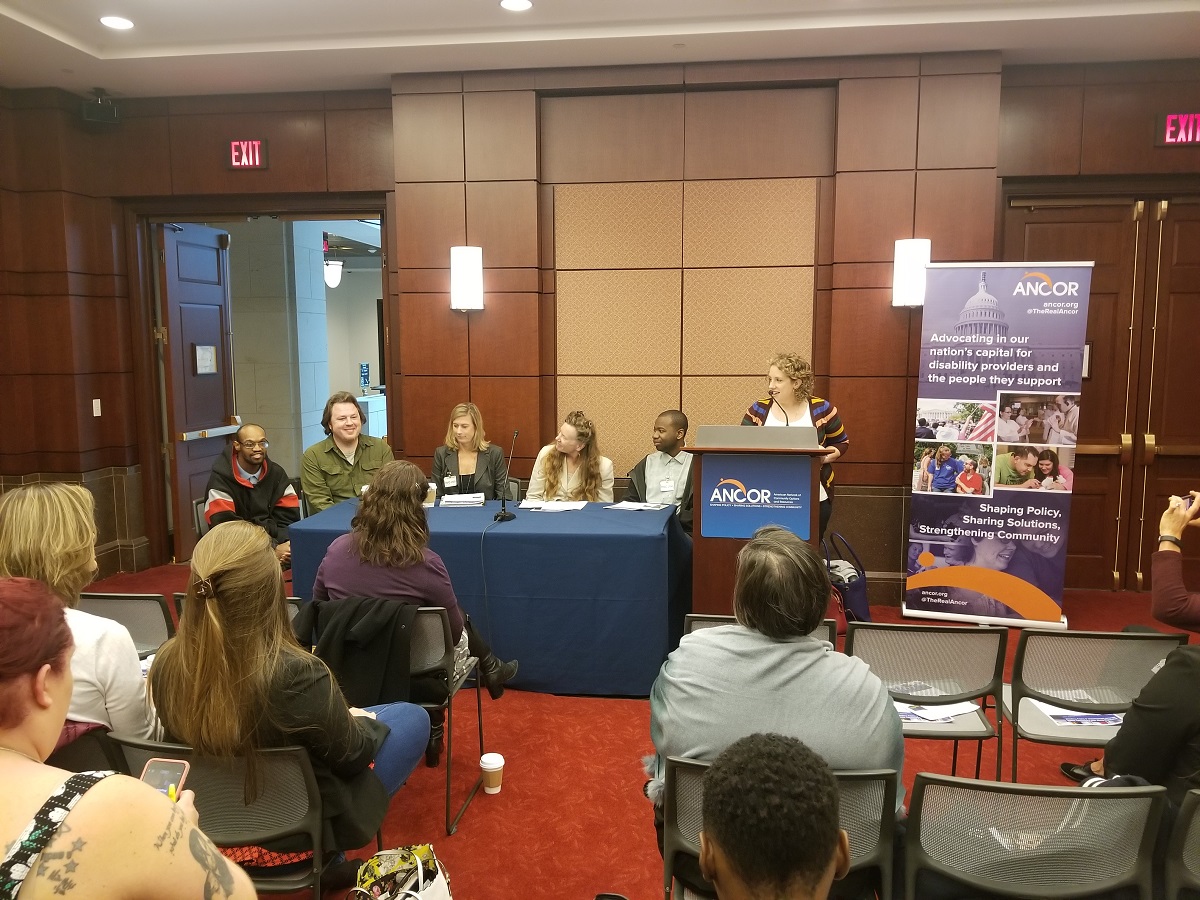ANCOR in the News - 08.04.22
New ANCOR Research Examines Direct Support Professional Wage Assumptions in Rate Setting

Share this page
Stay Informed on the Latest Research & Analysis from ANCOR
More News
Stateside Report - 06.23.25
Stateside Report: June 30, 2025

Capitol Correspondence - 06.24.25
New Resource Highlights the Impact of Medicaid Work Requirements on the Direct Care Workforce
Stateside Report - 06.23.25
Stateside Report: June 23, 2025

